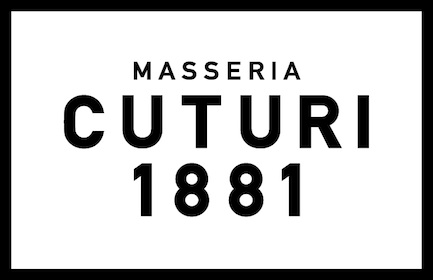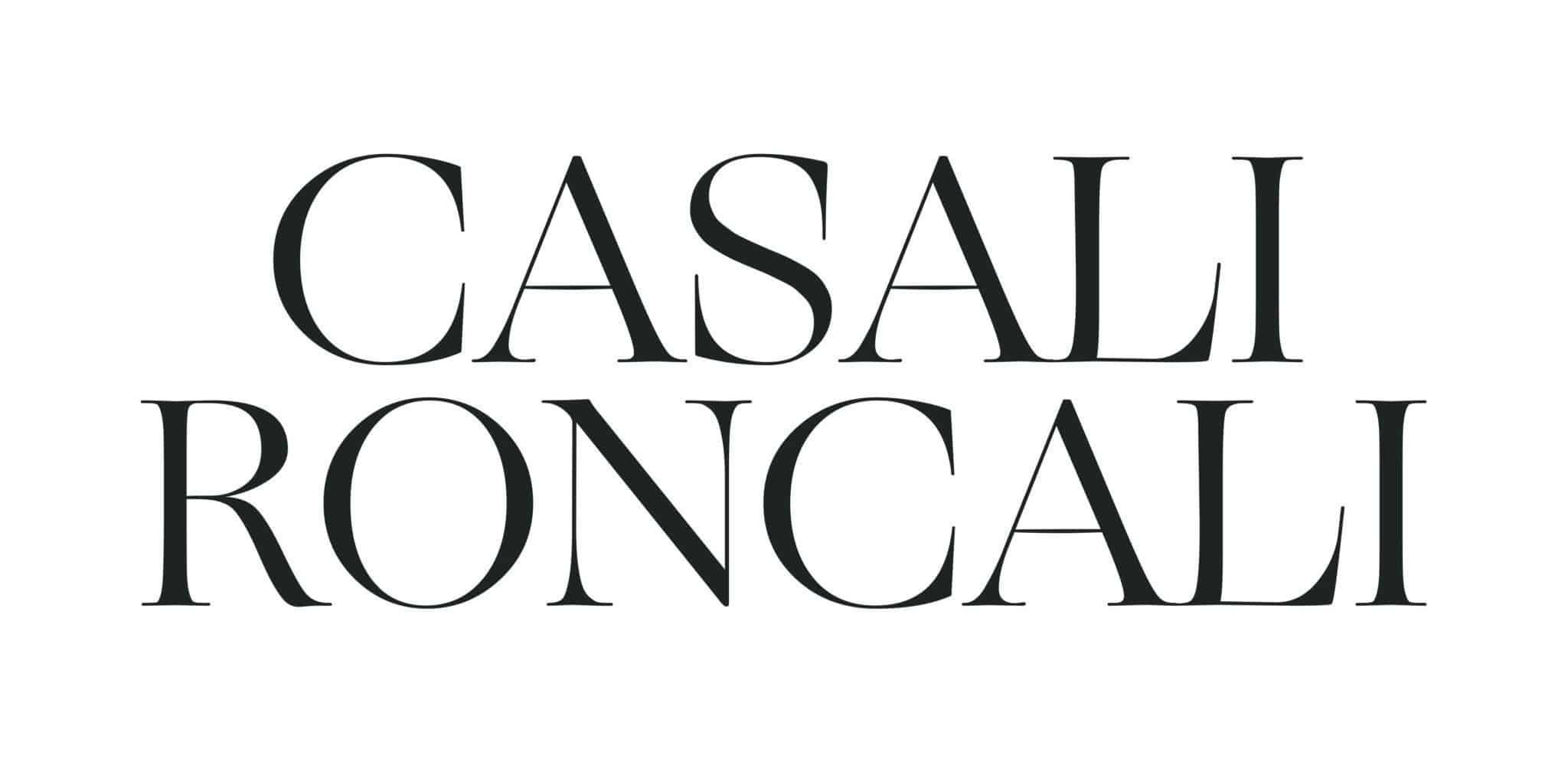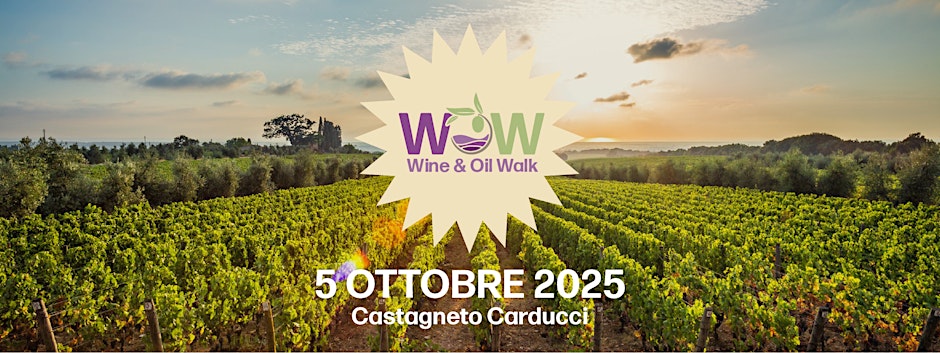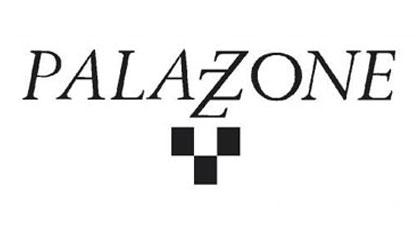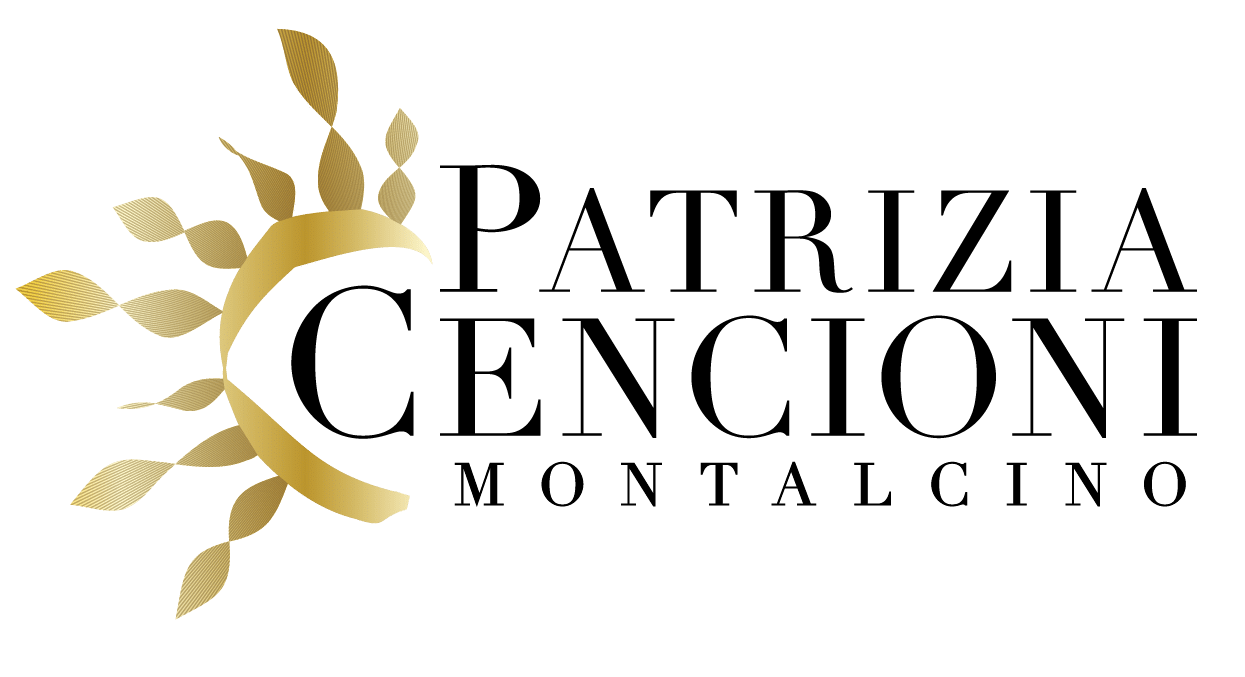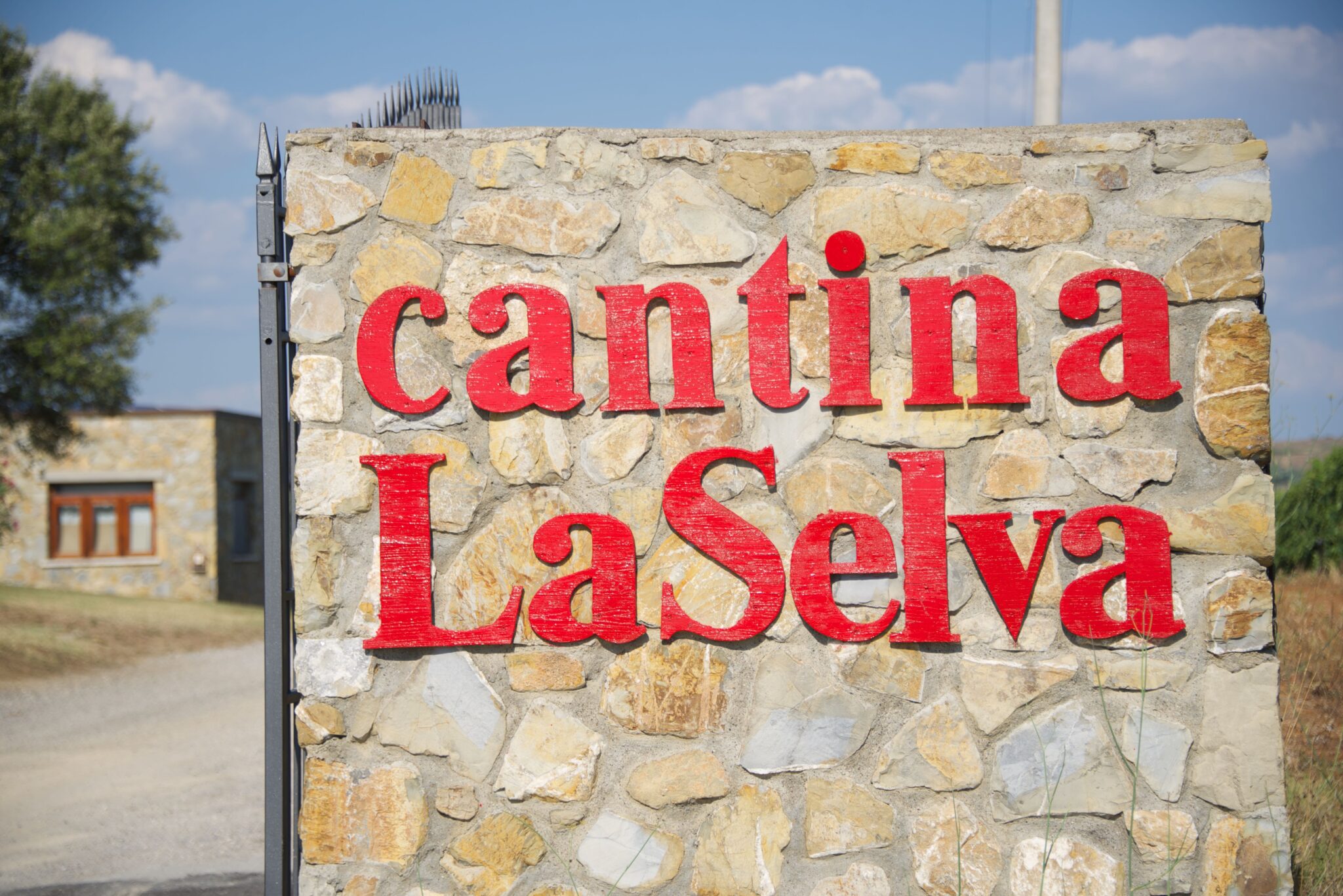Pietroso’s awards’ update
Continue readingChampagne & Sparkling Wine World Championship
GOLD
Monzio Compagnoni: NV Franciacorta Cuvée Alla Moda
SILVER
Cantina Puianello: NV Lambrusco Reggiano Contrada Borgoleto
De Faveri: 2024 Conegliano Valdobbiadene Prosecco Superiore DOCG Nera
Masottina: NV Conegliano Valdobbiadene Prosecco Superiore DOCG Contradagranda Extra Dry
Monzio Compagnoni: 2021 Franciacorta Satèn
Monzio Compagnoni: NV Franciacorta Pas Dosé Alla Moda
THE COMPETITION:
The Champagne & Sparkling Wine World Championships (CSWWC) is the only international sparkling wine competition judged by sparkling wine specialists, for the new generation of sparkling wine consumers who enjoy sparkling wine on any occasion and recognise its exceptional versitality when partnering food at the table.
Masseria Cuturi’s awards’ update
Masseria Cuturi’s awards’ update
Continue readingSlow Wine: La Guida 2026
Slow Wine – La Guida 2026: all the winners of Best Buy, Moneta, Bottle, Chiocciola and Novità are published.
BEST BUY – TOP WINE
The “Best Buy” is the symbol given to Top Wines that have a very good price compared to their denomination or reference type.
WINNERS among our associated producers
Cantina LaSelva
Morellino di Scansano Riserva
Colli dell’Uccellina 2022
Palazzone
Orvieto Classico Superiore
Campo del Guardiano 2022

LA MONETA
The “Moneta” is the symbol assigned to wineries whose wines, presented for tasting, have expressed excellent quality and an optimal quality-to-price ratio.”
WINNER among our associated producers

LA BOTTIGLIA
The Bottle is the symbol assigned to wineries whose wines, presented for tasting, have expressed excellent quality.”
WINNERS among our associated producers

LA CHIOCCIOLA
A mark of excellence from the Slow Food, assigned to wineries for the way they interpret values (organoleptic, territorial, and environmental) in harmony with the Slow Food philosophy, combined with excellent quality. A Snail’s wines also meet the criterion of a good quality-to-price ratio, taking into account when and where they were produced.”
WINNER among our associated producers

NOVITA’
The novità (new entry) symbol is assigned to Wineries not reviewed in the previous edition of the guide.
WINNER among our associated producers

Falstaff: awards for Pinot Grigio Casali Roncali
Falstaff: awards for Pinot Grigio Casali Roncali


PINOT GRIGIO COLLI ORIENTALI DEL FRIULI CASALI RONCALI
Harvested in the morning, it is macerated for a few hours in the press and then fermented in steel tanks at a controlled temperature to enhance the fruity notes.
Floral and fruity aromas of acacia and hawthorn accompanied by aromas of dried fruit, almonds and hazelnuts. You can perceive mineral and flint notes linked to the cultivation soil. On the palate it is decisive, mineral, warm and enveloping.
CABERT
From tradition in the vineyard to innovation in the winery
THE WINERY: surrounded by large expanses of vineyards, the Cabert headquarters is located in Bertiolo, in the Italian region of Friuli Venezia Giulia.
Founded in 1960, Cantina di Bertiolo processes the grapes of 60 winegrowers who are, at the same time, the shareholders of CABERT. Our winegrowers have centuries of passion behind them, as well as a sincere attention for their vines, and a cultural heritage handed down from generation to generation.
Over the years, Cabert have established a production chain, from the cultivation of grapes through to bottling, where the use of technology has allowed them to integrate traditional methods of wine-making with the very best cutting-edge techniques.
The equipment used for harvesting and subsequent processing allow us to preserve all the quality and intrinsic qualities of the grapes. This breathes life into wines with a balanced character, a vivid aromatic profile, and a strong sense of terroir, wines offering the pleasure of good drinking, and created to be appreciated on any occasion.




The Casali Roncali line was created the aim of enhancing the excellence of the Friuli Colli Orientali area. From a careful selection by our winemakers, mineral, balanced and well-structured wines are shaped into a completely renewed packaging that reflects all the quality that you will find in every single glass.
Keep up with Cabert
↓
WOW: Percorso Castagneto Carducci
WOW: Percorso Castagneto Carducci
Continue readingZenato received nice reviews by Robert Parker
Zenato received nice reviews by Robert Parker.
The project “Archivio Storico Zenato” was created to celebrate a history of caring, dedication and passion, which led to recognize worldwide the name of Zenato as a synonym of excellence and identity of a unique area: Valpolicella.
The first vintage, 2008, has rested for a decade in large oak barrels. The milestone of this project that underlines the link to a territory in which we have believed and invested since the beginning.
A story of care, dedication and passion, the decision to revive every 10 years a barrel so special that it deserves the wait.
Produced only in top vintages, this graceful wine is made from a selection of Corvina and Rondinella grapes grown in the oldest vineyards in the township of Sant’Ambrogio in Valpolicella’s “classic” zone.
Following vinification, it undergoes long-term aging for at least 4 years in Slavonian oak casks.
It represents the very identity of the winery and its legacy throughout the world – a wine that can age and be enjoyed for more than 20 years.
With luminous and dense color, elegant complexity, and a wonderful touch of spice, it’s a wholehearted expression of the land where it is made.
When the dried grapes for the Amarone have completed their fermentation, a top selection of Valpolicella grapes “passes over” (ripassa) the Amarone pomace, thus resulting in a second brief fermentation.
This helps to obtain a higher alcohol content, deeper color, and rich flavor and aroma.
After aging in French tonneaux for 18-20 months, the wine is cellared for another 6 months in bottle before release.
The process makes for a refined and concentrated wine, extremely smooth and velvety, with vibrant red fruit aromas.
On the palate fruity notes and elegant tannin with hints of chocolate and spice.
This Lugana Riserva is the fruit of the Zenato family’s genuine passion and a reflection of their history in the appellation.
The grapes for this wine come from the oldest vines on their Podere Massoni farm. They are harvested slightly late, around mid-October.
Fermentation takes place in oak cask (70%) and stainless steel (30%).
Light brilliant gold in color, this wine delivers intense multi-faceted aromas on the nose, with floral and citrus notes, spices, white plum, and vanilla.
On the palate, it’s rich in flavor, with great depth and balance. An ideal white for aging.
Catch all the latest…..
…..follow Zenato
Palazzone: 95 Pts by Doctor Wine
Palazzone: 95 Pts by Doctor Wine for the beautiful Orvieto Classico Superiore Campo del Guardiano 2022.
Continue readingPatrizia Cencioni’s awards’ update
Patrizia Cencioni ‘s awards’ update.
Kerin O’ Keefe rated their beautiful Rosato Toscana 2023 with 93 Points while Brunello di Montalcino 2019 received 98 Pts by Doctor Wine.
ROSATO TOSCANA 2023
“Made entirely with pre-harvsted Sangiovese destined to make Brunello, the fantastic 2024 Rosato from Patrizia Cencioni has an intense color recalling pink rose petal and intense floral aromas of lavender and rose that mix with small red berry and spice. Dry, savory and linear, the full-flavored palate delivers succulent red cherry, pomegranate and orange zest before a saline close. Bright acidity keeps it vibrant and balanced. Drink through 2027. Abv: 12.5%”
Kerin O’Keefe June 2025
©kerinokeefe.com
….and ther is more…..

With a ratings of 93 Points,
Patrizia Cenzioni’s Rosato Toscana 2023 reached the 8th place in the Top 25 Italian Rosato.

BRUNELLO MONTALCINO 2019


THE WINERY:
Founded in 1989, the winery Patrizia Cencioni is now managed by three women who continue a tradition started by their grandfather, Giuseppe Cencioni, one of the founders of the Consorzio del Brunello di Montalcino.
The estate spans about 50 hectares, including 8 dedicated to Brunello di Montalcino vineyards and 7 to olive groves.

Patrizia, Annalisa and Arianna
Last but not least, the winery offers tours and tastings at their location at Podere Capanna, 102 – 53024 Montalcino.





Slow Wine: Cantina LaSelva
Slow Wine: Cantina LaSelva, TOP WINE BEST BUY – SLOW WINE 2026 seal to the Morellino di Scansano Riserva Colli dell’ Uccellina 2022.

Grapes: Sangiovese, Merlot
Production area: Magliano in Toscana
Grape harvest: manual, in crates
Vinification: the grapes are harvested when they achieve optimal ripeness and vinified separately in small stainless steel tanks at a controlled temperature. When fermentation is completed, the Sangiovese is left in contact with the skins for another 10 days, while the Merlot is placed directly into new French oak barriques. At the end of maceration, the Sangiovese is put into French oak tonneuax for 12 months. During maturation the wines are racked twice and combined only shortly before bottling.
Flavour and aroma: ruby red. Fresh notes of red fruits and blackcurrant, finished with complex spice. The palate has a nice articulation from which emerges a lively fruitiness, pleasant tannins and balanced acidity. Good persistence.
Pairings: game, red meat, aged cheeses.
Cantina LaSelva
“Nothing taken away, nothing added”
This is the motto of Cantina LaSelva, founded in 1980 by Karl Egger.
Through his vision and work in developing LaSelva, Egger became one of the pioneers of organic farming in Europe. Karl Egger left his homeland, Munich, and moved to the south of Tuscany where he bought 7 hectares of land. Here he began to grow fruit and vegetables following the simple rules of nature: a choice that led him ten years later to give birth to the organic farming association, Naturland.
In 1984 LaSelva became the first Naturland-certified business beyond German borders.

In Maremma: Cantina LaSelva is located in a unique place, nestled in the south of Tuscany and surrounded by untamed nature. The varied landscape ranges from the woods of a regional park to medieval villages, and then on to the sea. These are places where you can discover ancient traditions and enjoy true beauty in every season. Maremma is also the birthplace of Tuscan viticulture, with its origins dating back to the Etruscans and their sophisticated civilisation.
The microclimate of the Maremma hills has always brought out the best qualities of Sangiovese grapes, which are used to make wines like Morellino di Scansano – known and loved throughout the world. The combination of minerals, lime, marl and limestone – combined with the coastal influence of the Tyrrhenian Sea – form the basis for opulent, soft red wines and for savoury white wines with a strong personality.
Strictly Organic: Even in the winery, they process the grapes without using unnecessary additives. They apply organic concepts and adopt the most advanced technologies in temperature control, fermentation, pumping over and delicate punching down.
More info?
Take a look at their website




